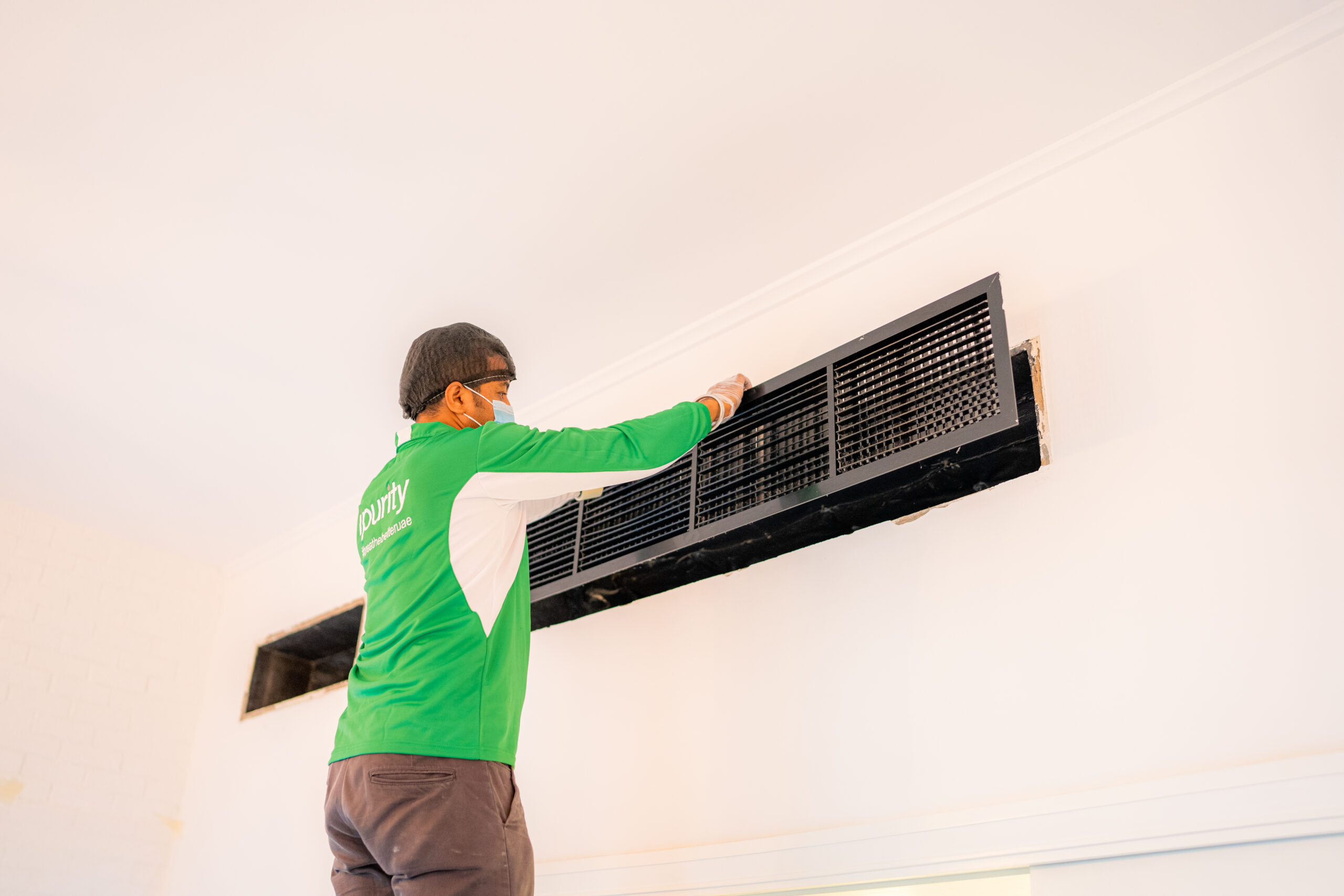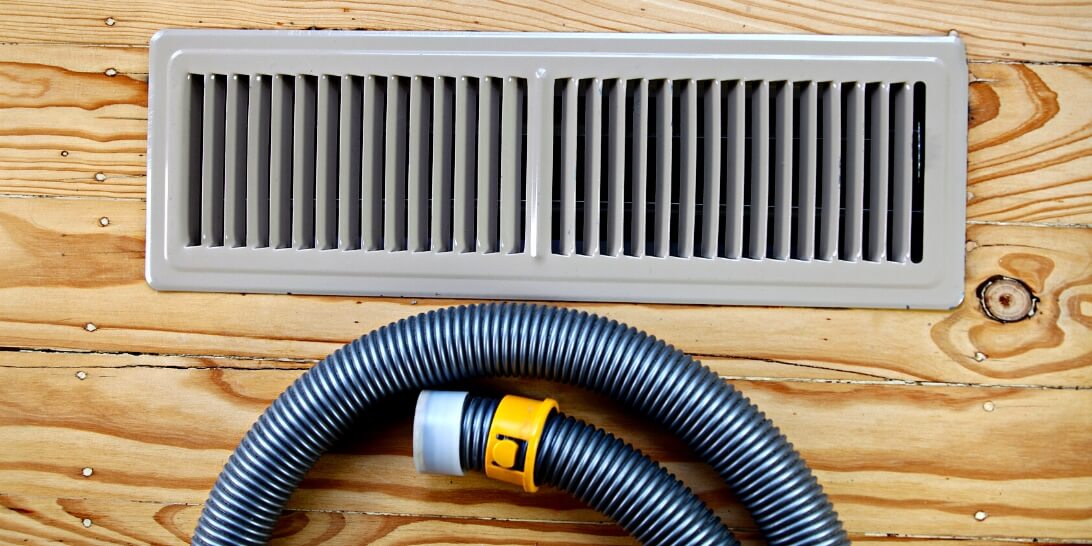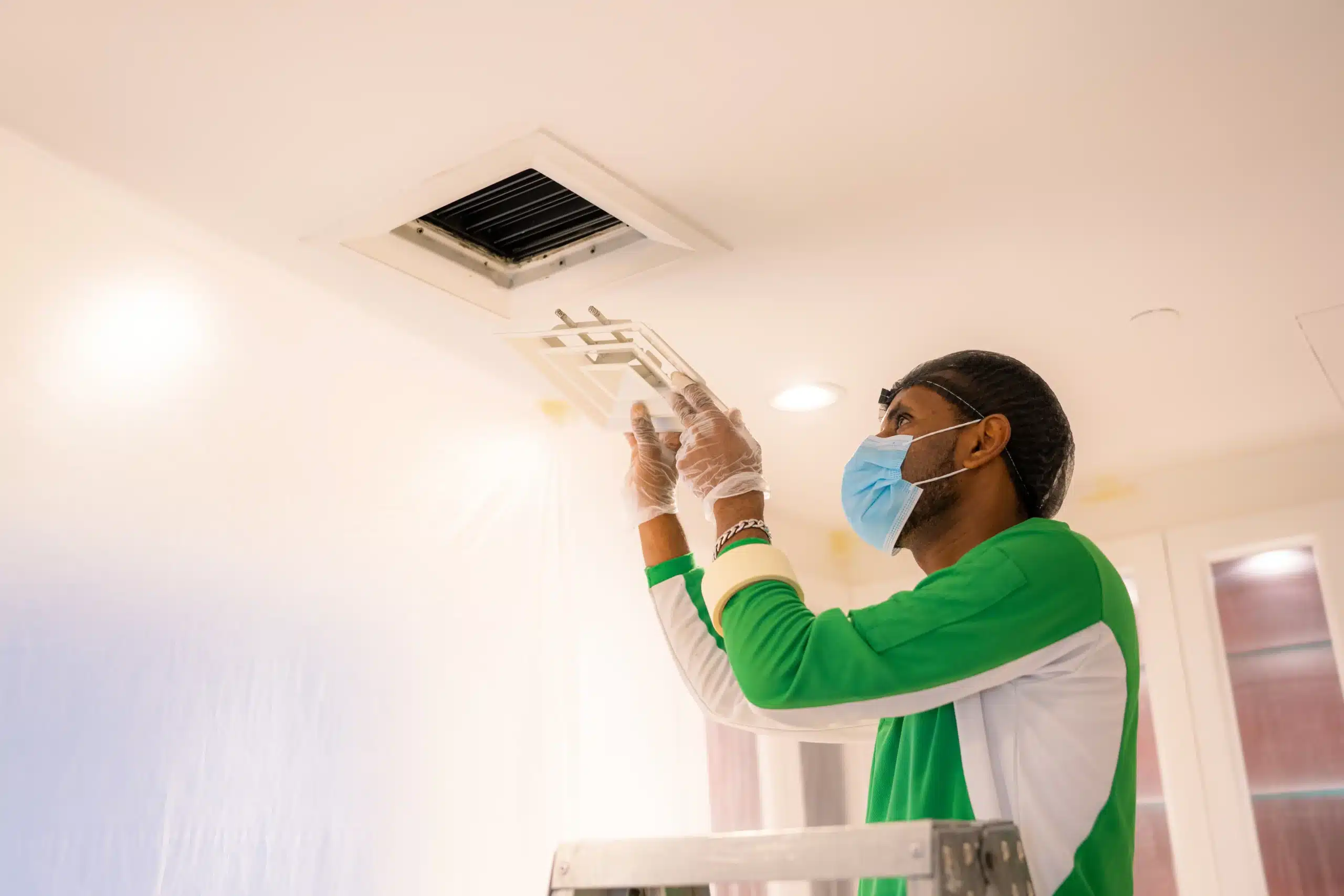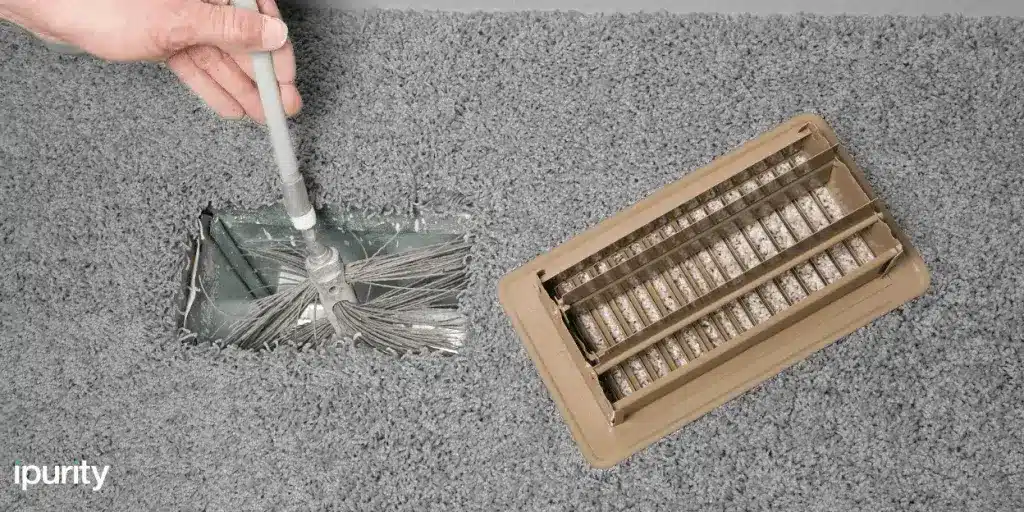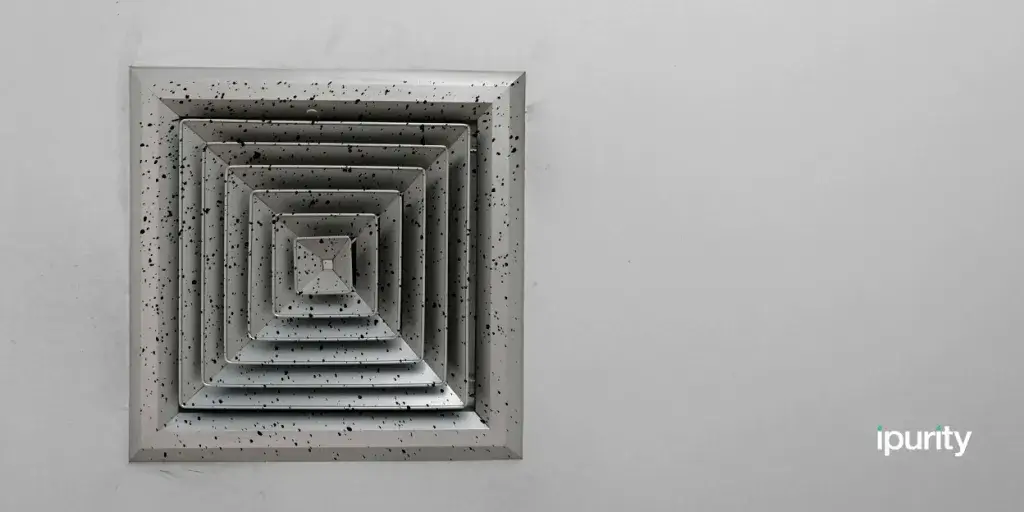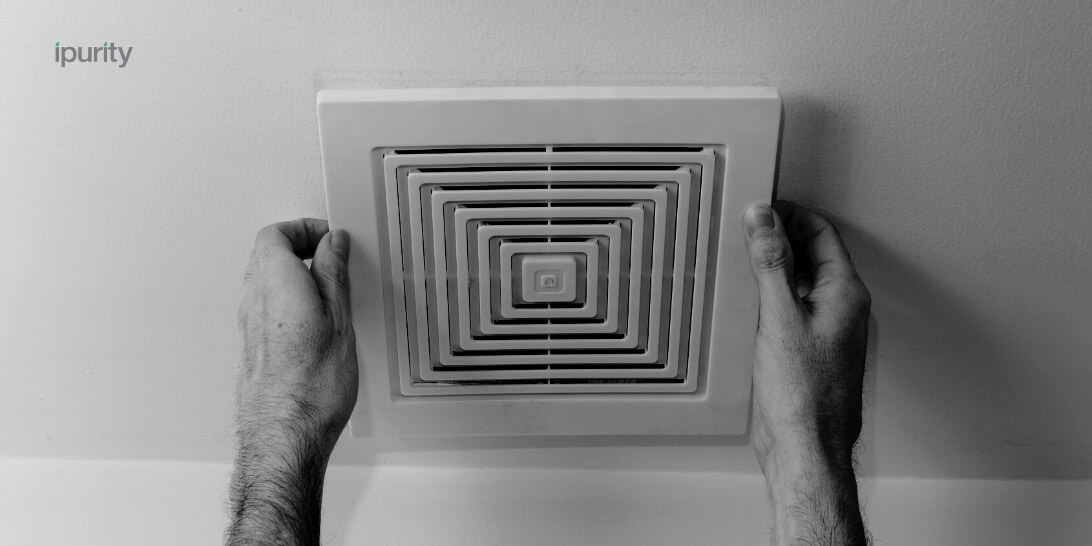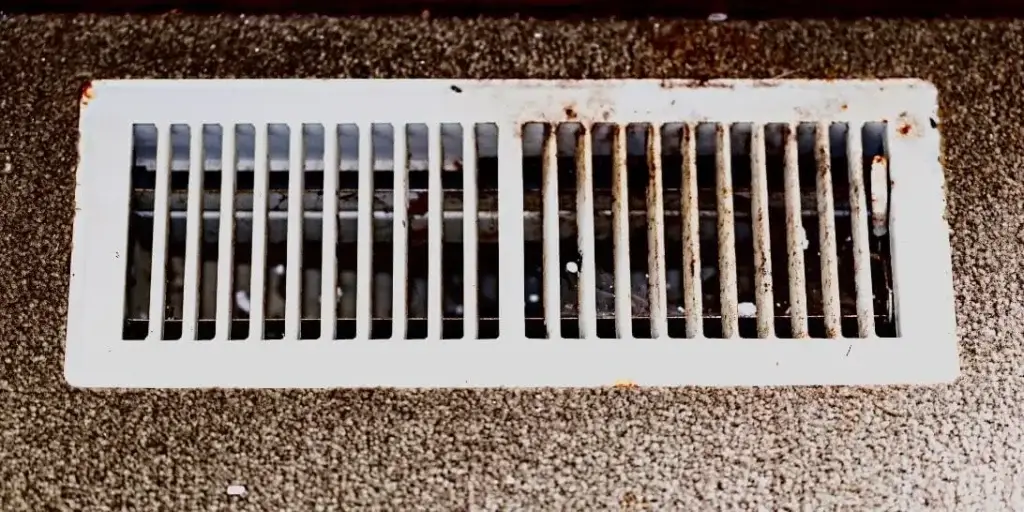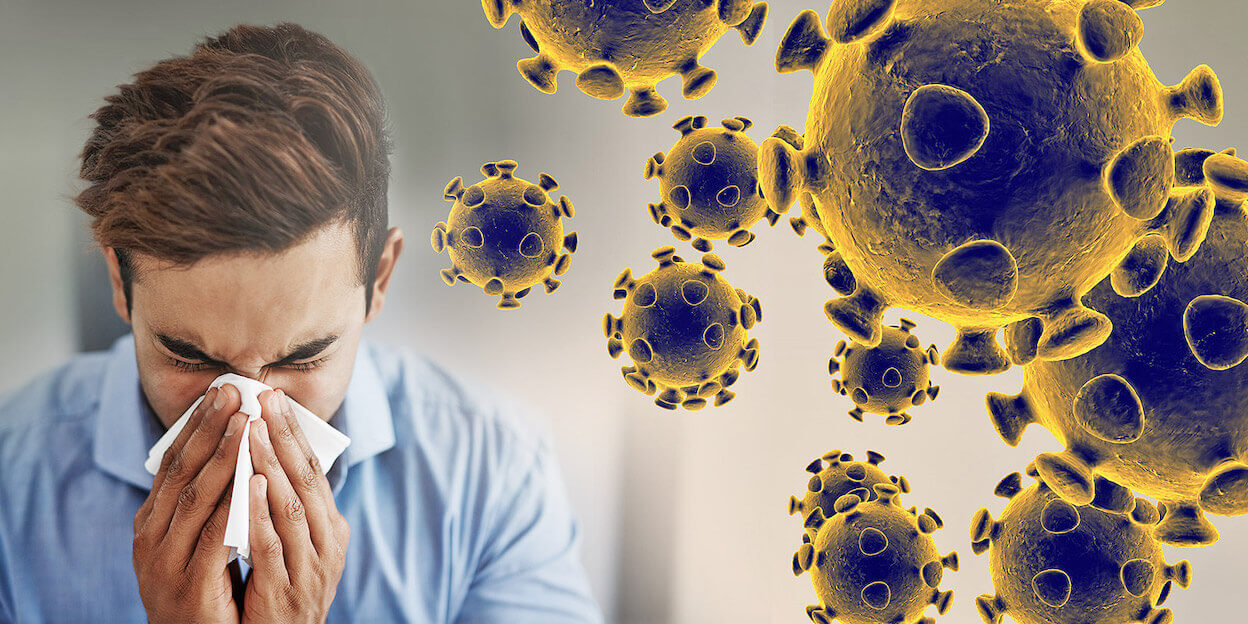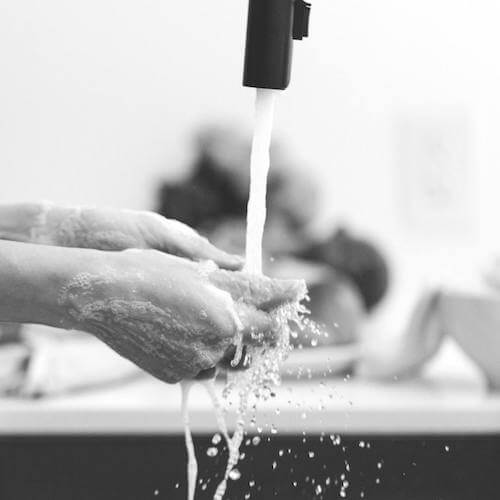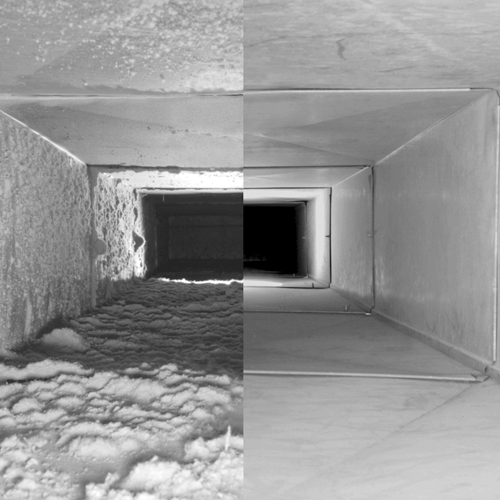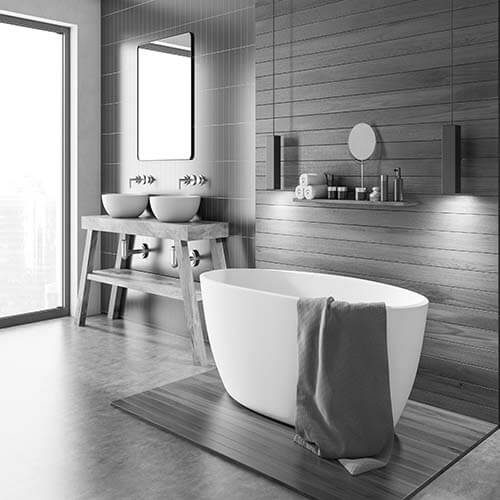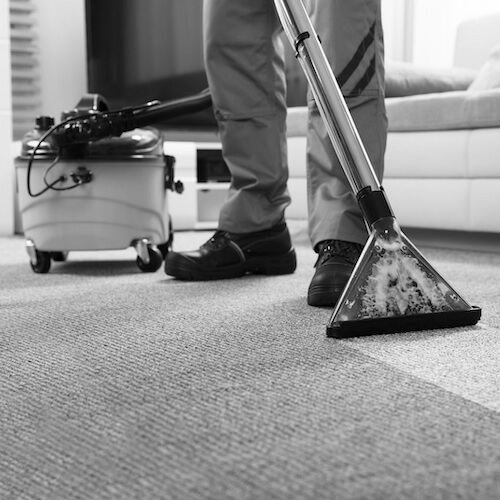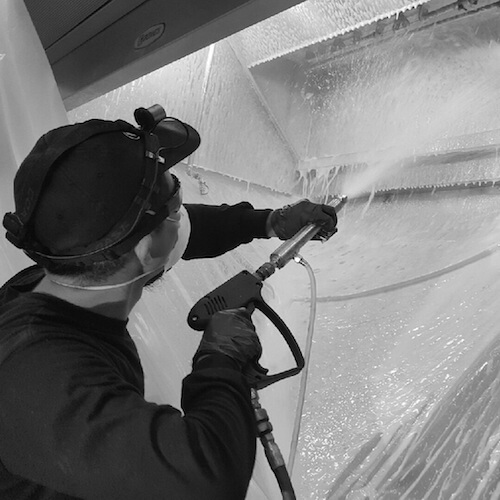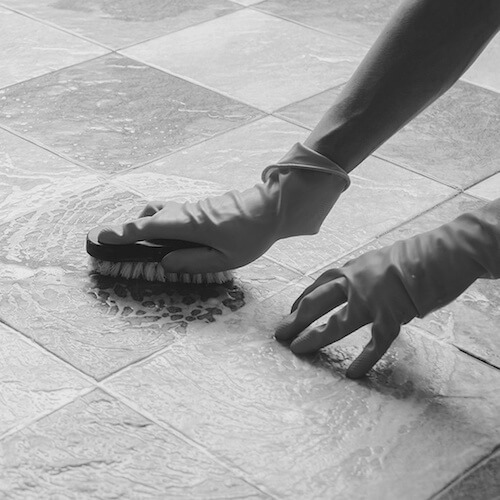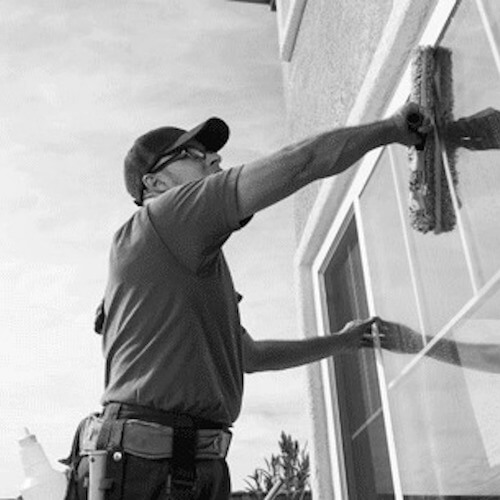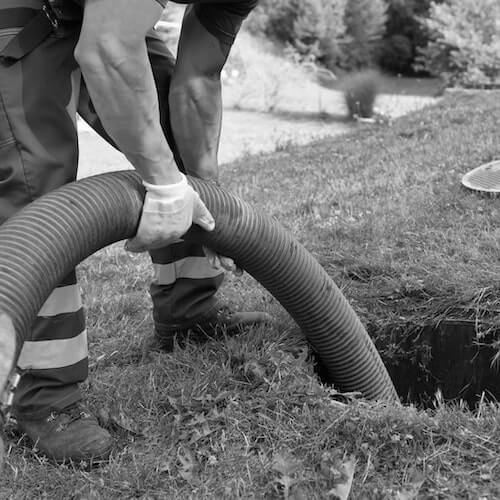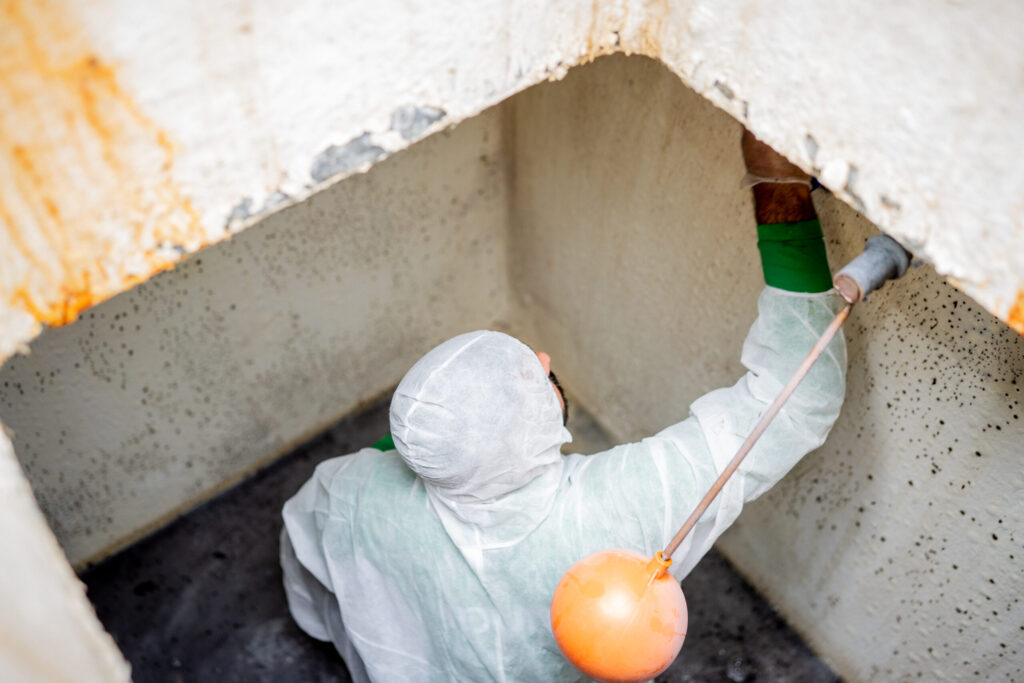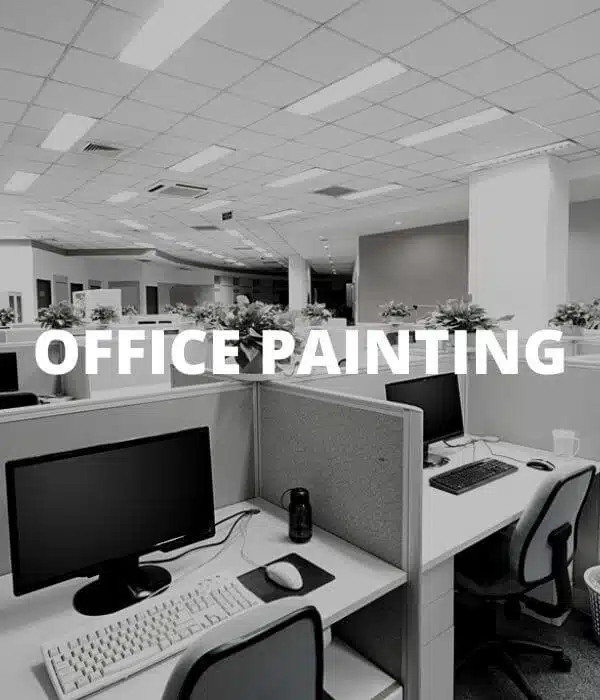Maintaining a comfortable indoor environment is essential for any home or business, and a well-functioning air conditioning (AC) system plays a crucial role in this. Regular AC repair & maintenance are vital for keeping your system running efficiently, saving you money on energy bills, and extending the life of your unit. In this comprehensive guide, we’ll dive into the importance of AC repair and maintenance, common issues that arise, and tips for keeping your system in top condition. Whether you’re dealing with an unexpected breakdown or planning routine upkeep, this article will provide you with the knowledge you need.
Why Regular AC Maintenance is Essential
AC systems are complex machines that require regular maintenance to perform at their best. Just like a car needs regular oil changes and check-ups, your AC unit needs attention to ensure it operates efficiently and effectively. Neglecting regular maintenance can lead to decreased efficiency, higher energy costs, and even system failure. Here’s why regular maintenance is so crucial:
1. Improved Energy Efficiency
One of the primary benefits of regular AC maintenance is improved energy efficiency. When your AC unit is clean and all components are in good working order, it doesn’t have to work as hard to cool your space. This means it uses less energy, which can significantly lower your energy bills over time.
2. Extended Lifespan of the AC Unit
AC units are a significant investment, and you want yours to last as long as possible. Routine maintenance can extend the life of your AC system by identifying and addressing small issues before they become major problems. A well-maintained AC unit can last 15-20 years or more, while a neglected one may only last 10 years.
3. Enhanced Indoor Air Quality
Your AC system does more than just cool the air; it also plays a role in filtering out dust, pollen, and other airborne contaminants. Without regular maintenance, these filters can become clogged, leading to poor indoor air quality and potential health issues. Regular filter changes and system cleanings help maintain the air quality in your home or office.
4. Prevention of Costly Repairs
Catching minor issues before they escalate can save you a lot of money in the long run. Regular maintenance allows technicians to identify potential problems early, preventing costly repairs down the road. It’s much more cost-effective to replace a worn-out part than to deal with a full system breakdown.
5. Consistent Cooling Performance
There’s nothing worse than your AC unit failing on a sweltering summer day. Regular maintenance ensures that your system is ready to handle peak cooling demands, providing consistent comfort year-round.
Common AC Problems and How to Address Them
Even with regular maintenance, AC systems can experience issues from time to time. Understanding common problems and knowing how to address them can save you time and stress. Below are some of the most common AC issues and their solutions:
1. Refrigerant Leaks
Refrigerant is the substance that cools the air in your AC system. If there’s a leak, your system won’t cool effectively, and it may cause damage to the compressor. Signs of a refrigerant leak include hissing sounds, reduced cooling, and an increase in energy bills. If you suspect a refrigerant leak, it’s crucial to contact a professional immediately. Only a certified technician should handle refrigerants due to their environmental impact and the need for proper handling.
2. Frozen Evaporator Coils
The evaporator coil is responsible for absorbing heat from the air inside your home. When it gets too cold, it can freeze, leading to reduced airflow and cooling capacity. Common causes of frozen coils include dirty air filters, low refrigerant levels, and poor airflow. To prevent this issue, ensure your air filters are clean and replaced regularly, and schedule routine maintenance to check refrigerant levels.
3. Electrical Issues
AC systems rely on a series of electrical components to operate, including fuses, capacitors, and relays. Over time, these components can wear out or fail, leading to a complete system shutdown. If your AC unit isn’t turning on or is frequently tripping the circuit breaker, it’s likely an electrical issue. An experienced technician can diagnose and fix these problems quickly.
4. Thermostat Malfunctions
The thermostat is the control center of your AC system, and if it’s not working correctly, your system won’t either. Common thermostat issues include incorrect temperature readings, failing to respond to settings, or not turning on the AC unit at all. Replacing an old or malfunctioning thermostat with a modern, programmable one can resolve these issues and improve your system’s efficiency.
5. Clogged Drain Lines
Your AC system removes moisture from the air as it cools, which is expelled through a drain line. If this line becomes clogged with dirt, algae, or mold, it can cause water to back up into the system or leak into your home. Regular cleaning of the drain line can prevent clogs and water damage.
6. Dirty Condenser Coils
The condenser coil is located in the outdoor unit and is responsible for releasing the heat removed from your home. Over time, dirt, debris, and grime can accumulate on the coils, reducing their efficiency and causing your system to work harder. Regular cleaning of the condenser coils is essential for maintaining optimal performance.
The Importance of Professional AC Repair Services
While some minor AC maintenance tasks can be handled by homeowners, many repairs require the expertise of a professional. Here’s why you should rely on a professional for AC repair:
1. Expertise and Experience
Professional technicians have the training and experience to diagnose and repair a wide range of AC issues. They can quickly identify the root cause of a problem and provide effective solutions, ensuring your system is back up and running in no time.
2. Safety
AC systems involve complex electrical components and refrigerants, both of which can be dangerous if handled improperly. A professional technician knows how to safely work with these components, reducing the risk of injury or further damage to your system.
3. Warranty Protection
Many AC manufacturers require professional maintenance and repairs to keep the warranty valid. Attempting DIY repairs could void your warranty, leaving you responsible for any future repair costs. Hiring a professional ensures your warranty remains intact.
4. Long-Term Cost Savings
While hiring a professional may seem more expensive upfront, it can save you money in the long run. Professionals can prevent small issues from becoming major problems, reducing the likelihood of costly repairs or replacements in the future.
DIY AC Maintenance Tips
While professional maintenance is essential, there are several tasks you can do yourself to keep your AC system in good shape. Here are some DIY maintenance tips:
1. Regularly Replace Air Filters
Air filters should be replaced every 1-3 months, depending on usage and the type of filter. A clean filter improves airflow, enhances efficiency, and keeps your indoor air quality high.
2. Keep the Outdoor Unit Clean
Make sure the area around the outdoor unit is free of debris, leaves, and overgrown plants. This ensures proper airflow and prevents the system from overheating.
3. Check the Thermostat Settings
Ensure your thermostat is set to the correct temperature and that it’s functioning properly. Consider upgrading to a programmable thermostat for better energy efficiency.
4. Inspect the Insulation
Check the insulation on your refrigerant lines leading into the house. If it’s damaged or missing, replace it to improve efficiency.
5. Clean the Evaporator and Condenser Coils
While it’s best to leave deep cleaning to professionals, you can gently clean the coils with a soft brush to remove dust and dirt. This helps maintain efficiency and prevents system strain.
Choosing the Right AC Repair and Maintenance Service
When it comes to selecting an AC repair and maintenance service, it’s important to choose a company that you can trust. Here are some factors to consider:
1. Reputation and Reviews
Look for a company with a strong reputation and positive customer reviews. A well-established company with a track record of quality service is more likely to provide reliable repairs and maintenance.
2. Certification and Licensing
Ensure the technicians are certified and the company is licensed and insured. This guarantees that they have the necessary training and are held to industry standards.
3. Transparent Pricing
Choose a company that offers transparent pricing with no hidden fees. A reputable company will provide a clear estimate before starting any work.
4. Availability and Response Time
In case of an emergency, you want a company that offers prompt service. Check their availability and response time to ensure they can meet your needs when it matters most.
5. Comprehensive Services
Look for a company that offers a wide range of services, including maintenance, repairs, and installation. This ensures that they can handle any issue that arises with your AC system.
Conclusion
Regular AC repair and maintenance are crucial for ensuring your system runs efficiently, lasts longer, and keeps your indoor environment comfortable. By understanding common AC problems, performing routine maintenance, and relying on professional services when needed, you can enjoy a reliable cooling system year-round. Whether you’re facing a minor issue or need a major repair, investing in your AC system’s upkeep is essential for your comfort and peace of mind.
Remember, a well-maintained AC unit not only saves you money on energy bills but also provides better indoor air quality and a more comfortable living or working environment. Don’t wait for a breakdown—schedule your AC maintenance today and keep your system running smoothly.
